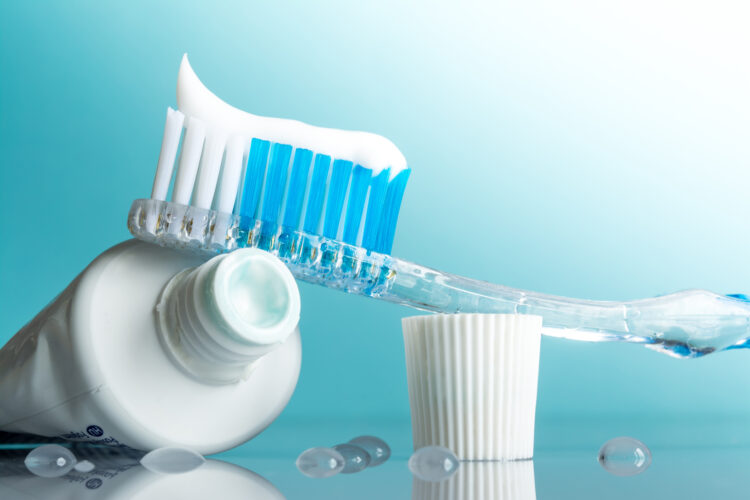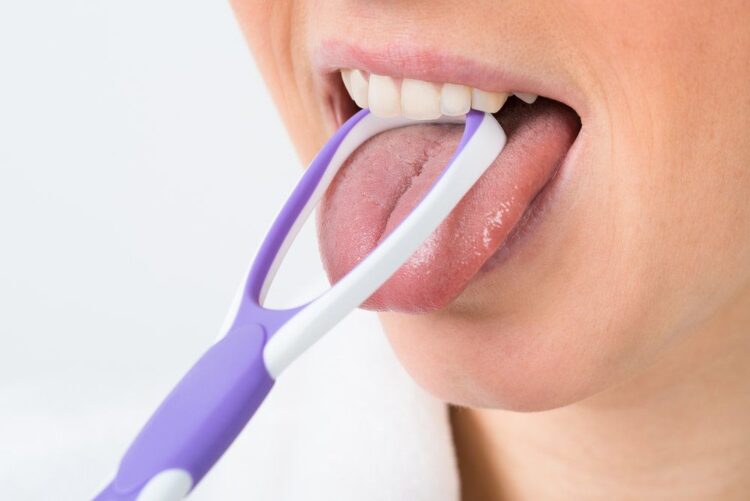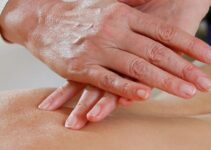Maintaining optimal oral health is a cornerstone of overall well-being, and building healthy habits starts with comprehensive oral care. In this guide, we delve into the essential practices that contribute to a lifetime of healthy smiles for the entire family. From daily routines to professional interventions, we explore the key elements of oral care that promote lasting dental wellness. Whether you’re seeking guidance on preventive measures or considering a visit to the dental clinic for specialized care, join us on this journey toward building healthy habits for a family-wide commitment to excellent oral health.
Page Contents
Daily Brushing and Flossing Routine

Source: jnj.com
Regular and consistent oral hygiene practices, such as daily brushing and flossing, play a vital role in maintaining optimal oral health for the whole family. By incorporating these habits into your daily routine, you can effectively prevent common dental issues such as tooth decay, gum disease, and bad breath. It is recommended to brush your teeth at least twice a day using a soft-bristled toothbrush and fluoride toothpaste.
Remember to pay equal attention to all surfaces of your teeth and brush for a full two minutes each time. In addition to brushing, flossing should also be carried out once a day to remove plaque and food particles from areas that a toothbrush cannot reach. By establishing a dedicated brushing and flossing routine, you are taking proactive steps towards ensuring a healthy smile for yourself and your loved ones.
Importance of Regular Dental Checkups
Regular dental checkups are an essential component of maintaining optimal oral health for the entire family. These routine visits to the dentist offer numerous benefits that go beyond just a fresh clean feeling.
During these appointments, dental professionals can thoroughly assess your oral health, identifying any potential issues before they escalate into more serious problems. They can detect early signs of dental decay, gum disease, or even oral cancer, enabling prompt intervention and treatment.
Additionally, regular dental checkups allow for professional cleaning, removing stubborn plaque and tartar buildup that cannot be effectively addressed through at-home oral care alone. By prioritizing regular dental checkups, you are taking proactive steps towards safeguarding the long-term health and wellbeing of your entire family’s smiles.
Choosing the Right Toothbrush and Toothpaste

Source: healthcare.utah.edu
The toothbrush you select should have soft bristles to gently clean your teeth and gums without causing irritation or damage. Look for a toothbrush with a compact head that can easily reach the back molars and hard-to-reach areas. Additionally, consider the handle design for a comfortable grip that allows for easy maneuverability.
As for toothpaste, opt for one that contains fluoride, a mineral that strengthens tooth enamel and helps prevent tooth decay. Fluoride toothpaste also aids in remineralizing areas of the teeth that may have been affected by acid erosion. By carefully selecting the right toothbrush and toothpaste, you can ensure that your family’s oral care routine is effective and promotes long-lasting oral health.
Teaching Children Proper Oral Hygiene
Instilling proper oral hygiene habits in children is essential for their long-term dental health. Start by making brushing teeth a fun and interactive activity. Use colorful toothbrushes and flavored toothpaste that appeal to their tastes. Show them the correct technique of brushing, emphasizing the importance of brushing all surfaces of the teeth and gums. Encourage them to brush twice a day for two minutes each time.
Additionally, teach them about the proper use of dental floss and mouthwash as part of their oral care routine. By instilling these habits from an early age, you can help children develop a lifelong commitment to oral hygiene and set them up for a lifetime of healthy smiles.
Incorporating Mouthwash and Tongue Scraping

Source: linkedin.com
Mouthwash can provide additional benefits beyond brushing and flossing alone. It helps to kill bacteria, freshen breath, and rinse away any remaining food particles or debris. Choose a mouthwash that is specifically formulated for your family’s needs, whether it’s for cavity prevention, gum health, or sensitivity. Encourage everyone in your family, including children, to swish the mouthwash for the recommended amount of time before spitting it out.
Additionally, tongue scraping is an effective way to remove bacteria and debris from the surface of the tongue, which can contribute to bad breath and oral health issues. Gently scrape the tongue from back to front using a tongue scraper or the back of a toothbrush. Incorporating mouthwash and tongue scraping into your oral care routine can help maintain fresh breath and promote a healthier mouth for the whole family.
Conclusion
Building healthy oral care habits is crucial for maintaining a happy and healthy family. By following these tips and incorporating them into your daily routine, you can ensure that everyone in your household has a bright and healthy smile. Remember to schedule regular dental check-ups and to prioritize proper oral hygiene for yourself and your loved ones.
With good habits and consistent care, you can create a strong foundation for oral health and overall well-being. So let’s make oral care a family affair and keep those smiles shining for years to come.




